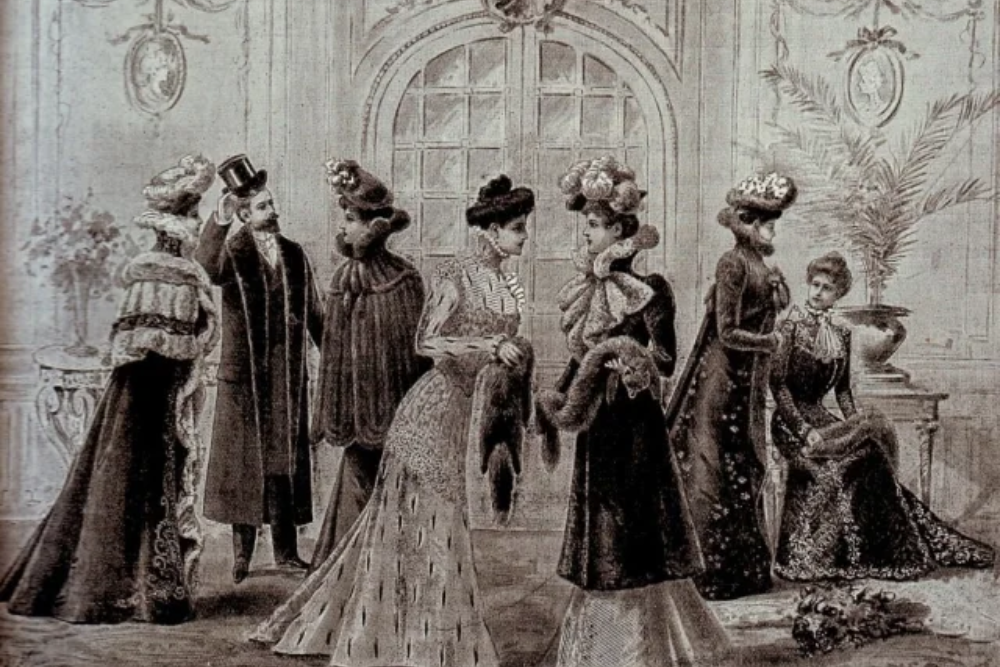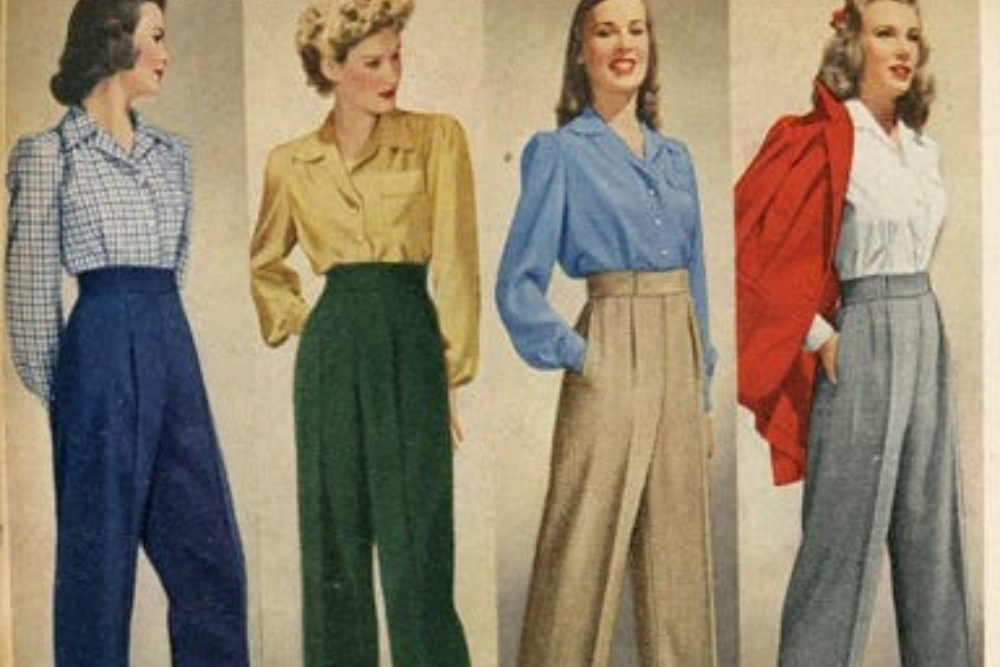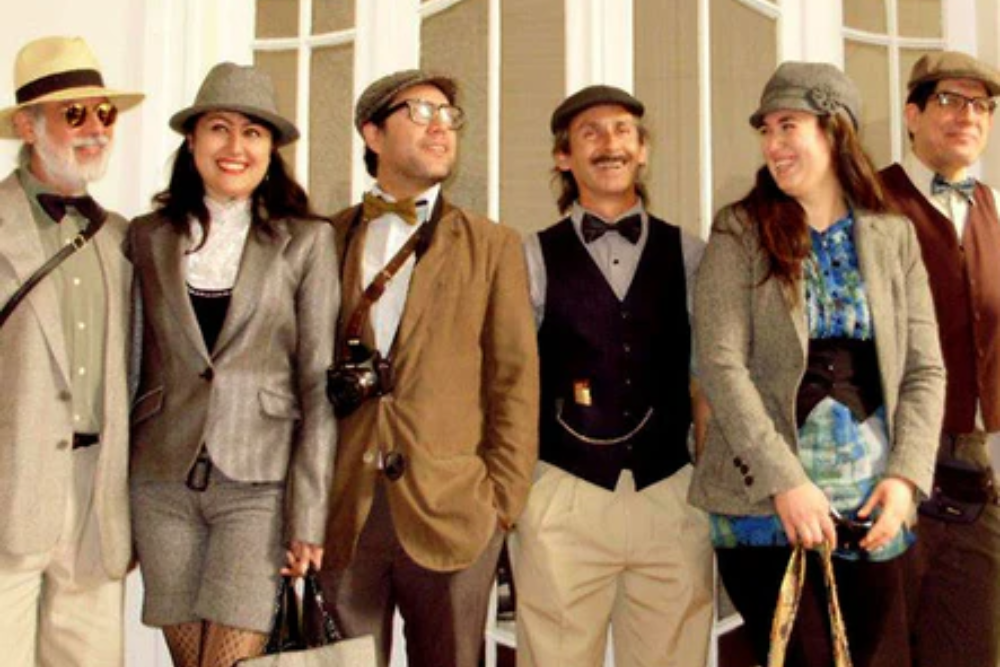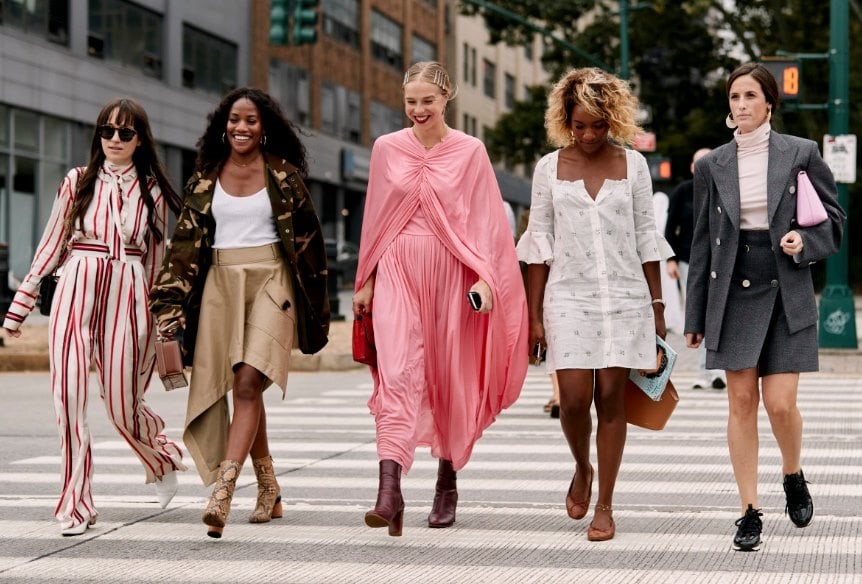Introduction
Fashion has never just been about clothing—it is about identity, power, rebellion, and creativity. Over the years, certain individuals have stood out not just for their style, but for the profound impact they had on the industry. These icons influenced trends, broke boundaries, and redefined beauty and fashion for generations. From revolutionary designers to daring performers and cultural trailblazers, this essay explores some of the most influential fashion icons who changed the industry forever.
- Coco Chanel – The Empress of Elegance
Gabrielle “Coco” Chanel is perhaps the most influential woman in fashion history. Rising to fame in the early 20th century, Chanel revolutionized women’s fashion by liberating them from the constraints of corsets and layered garments. She introduced simple, comfortable, and elegant silhouettes, such as the jersey suit, the “little black dress,” and the Chanel No. 5 perfume, which remains iconic to this day. Chanel redefined femininity by incorporating menswear elements and prioritizing comfort without compromising style. Her emphasis on minimalist luxury laid the foundation for modern fashion and continues to inspire designers globally.
- Audrey Hepburn – The Queen of Timeless Style
Audrey Hepburn wasn’t just a film icon—she was the embodiment of graceful fashion. Her partnership with French designer Hubert de Givenchy led to the creation of some of the most recognizable looks in cinematic history, particularly in Breakfast at Tiffany’s.Hepburn’s slender figure, short pixie haircut, and elegant wardrobe defied the voluptuous beauty norms of the 1950s. She favored simplicity—cropped trousers, ballet flats, boat necklines, and black dresses—which created a lasting legacy. To this day, her style is studied and emulated for its timeless elegance and understated glamour.
- David Bowie – The Chameleon of Style
David Bowie wasn’t just a music legend; he was a boundary-pushing fashion icon who used style to amplify his identity. His alter egos—Ziggy Stardust, Aladdin Sane, and The Thin White Duke—each had distinct aesthetics that played with gender, surrealism, and futurism.
Bowie made androgyny mainstream and challenged traditional gender norms in fashion. His collaborations with designers like Kansai Yamamoto introduced avant-garde, space-age styles that influenced pop culture and high fashion. Today, artists like Lady Gaga and Harry Styles echo his fearless expression through fashion.
- Princess Diana – The People’s Fashion Princess
Princess Diana transformed from a shy royal bride into a global fashion icon and humanitarian. Her wardrobe evolved through the 1980s and 1990s, reflecting her personal journey of empowerment. Early on, she wore demure, romantic outfits that suited royal protocol, but later embraced bold colors, shoulder pads, and sleek evening gowns that demonstrated her individuality. Her off-duty style—bike shorts, sweatshirts, and oversized blazers—has become wildly influential in today’s streetwear revival. Diana combined regal grace with relatability, making fashion a tool for connection and self-expression.
- Madonna – The Queen of Reinvention
If fashion is about reinvention, no one does it better than Madonna. Since the 1980s, she has consistently shocked, inspired, and transformed public fashion trends. From the lace gloves and corsets of her Like a Virgin era to her cone bras designed by Jean-Paul Gaultier, Madonna turned every stage into a fashion moment.She used her body and wardrobe as a canvas for statements on sexuality, religion, and feminism, blending pop culture and haute couture. Madonna broke taboos and empowered a generation to dress boldly, unapologetically, and without rules.
- Yves Saint Laurent – Master of Modernization
French designer Yves Saint Laurent brought art, culture, and politics into fashion. Starting his career at Dior, he eventually launched his own label and transformed the industry with bold ideas. He popularized Le Smoking, the first tuxedo suit for women, empowering them with a masculine silhouette in an elegant form.Saint Laurent’s designs often referenced global cultures—Moroccan caftans, African prints, Russian folk costumes—opening Western fashion to global inspiration. His fusion of art and fashion, such as his Mondrian dress, proved fashion could be a form of cultural commentary.
- Naomi Campbell – The Trailblazing Supermodel
Naomi Campbell broke barriers as one of the first Black supermodels to achieve global recognition. She was part of the iconic “supermodel era” of the 1990s alongside Cindy Crawford, Claudia Schiffer, and Linda Evangelista, but Campbell’s presence held particular significance.Despite facing racism in the fashion industry, she graced countless magazine covers and runways, including being the first Black model on the cover of French Vogue. Her advocacy for diversity has challenged the fashion world to be more inclusive, and her influence remains unmatched in both modeling and activism.
- Karl Lagerfeld – The Iconoclast Designer
Karl Lagerfeld, known for his sharp wit, powdered hair, and signature sunglasses, revitalized multiple fashion houses, including Chanel and Fendi. His vision preserved the legacy of Coco Chanel while updating it for the modern world, introducing edgy details and multimedia campaigns. A master of branding, Lagerfeld transformed the concept of the “designer” into a cultural figure. He also emphasized fashion’s connection to storytelling, staging elaborate runway shows in supermarkets, airports, and even on a beach. His prolific output and distinctive aesthetic made him a titan of 20th and 21st-century fashion.
- Rihanna – From Pop Star to Fashion Mogul
Rihanna’s transition from global pop star to fashion powerhouse is nothing short of revolutionary. Her bold red-carpet looks, such as the yellow Guo Pei gown at the Met Gala and her Swarovski crystal naked dress, made headlines and redefined what fashion could be. With the launch of her brand Fenty, she broke industry norms by prioritizing inclusivity in sizing, skin tones, and representation. Her Savage x Fenty lingerie shows combined fashion, music, and dance in a powerful celebration of diversity. Rihanna’s business acumen and style transformed her into a cultural force who shifted beauty and fashion standards.
- Alexander McQueen – The Romantic Rebel
British designer Alexander McQueen was known for his theatrical, often darkly romantic designs that blurred the line between fashion and performance art. A graduate of Central Saint Martins, he shocked and awed the industry with shows that explored death, history, nature, and identity. From the controversial Highland Rape collection to his holographic Kate Moss display, McQueen told powerful narratives through clothing. He pushed fashion into the realm of the surreal and emotional, influencing generations of designers and artists. His legacy continues through the brand’s creative direction and loyal fan base.











